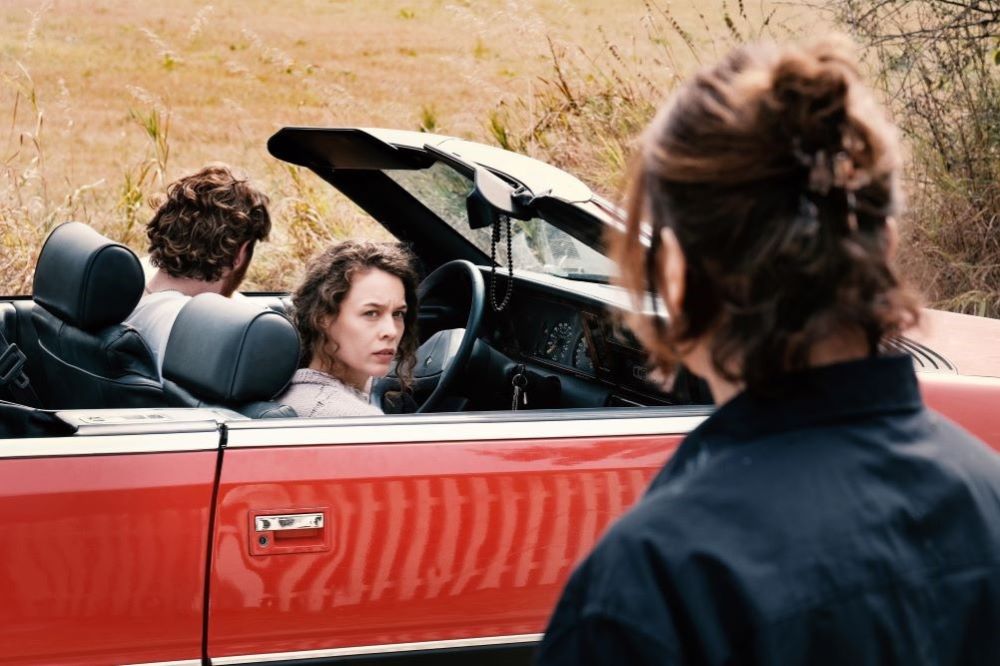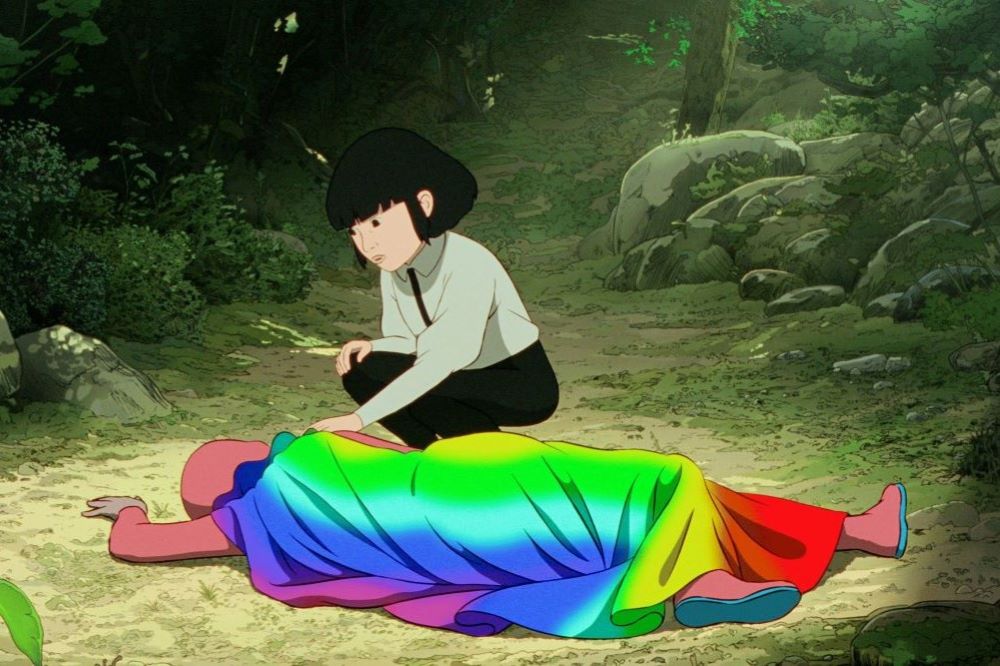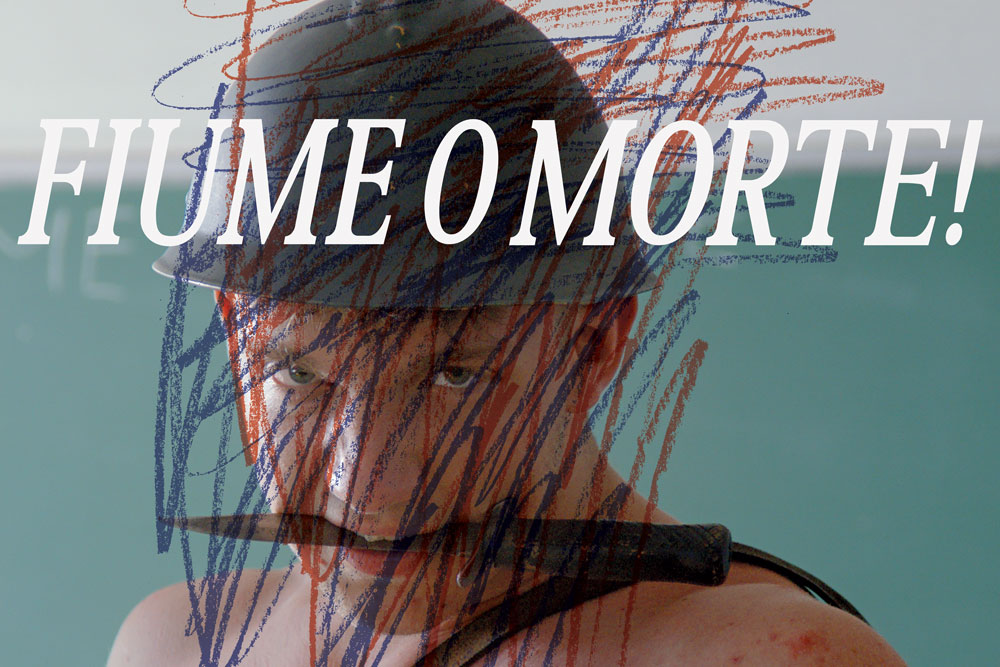Summary
Diana Budisavljevic and her husband, a doctor, daughters and newly born granddaughter, live the life of high-class citizens in Zagreb. In the fall of 1941, she learnes that Jewish and Serbian women are being taken to concentration camps where they are starving and getting sick. The Jewish community sends aid to the Jews, but no one cares about the Serbs. Using her Austrian background, Diana appeals to the authorities, the church and the Red Cross to save at least the children. None of them wants to take responsibility. With a few friends in her apartment, she is organizing an action that will save more than 10,000 children by the end of the war. Among them are Živko, Milorad, Zorka and Nada, who almost 80 years later return to the camps of their childhood and only then realize that they owe their lives to the unwavering power of one woman. Aware that the war would soon pass, Diana kept a careful record of her childhood destinies, but it would be irretrievably alienated by the communist government in 1945 when her Germanic and civil origin becomes undesirable. Thanks to Diana's diary, which was found by her grandson after her death, the heroic role of a woman convinced that her life was no more valuable than the life of the innocent pursued is uncovered.
Festivals and awards
2019 Pula Film Festival - Great Golden Arena for Best Picture; Golden Directing Arena (Dana Budisavljevic); Golden Arena for Music (Allen Sinkauz, Nenad Sinkauz); Golden Arena for assembly (Marko Ferković); Golden Gate of Pula; FEDEOR Award for Best Croatian Feature Film;
Director
Dana Budisavljević
Born in 1975 in Zagreb. She graduated from the Department of Film and TV Editing → more








